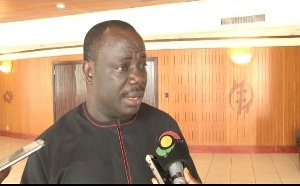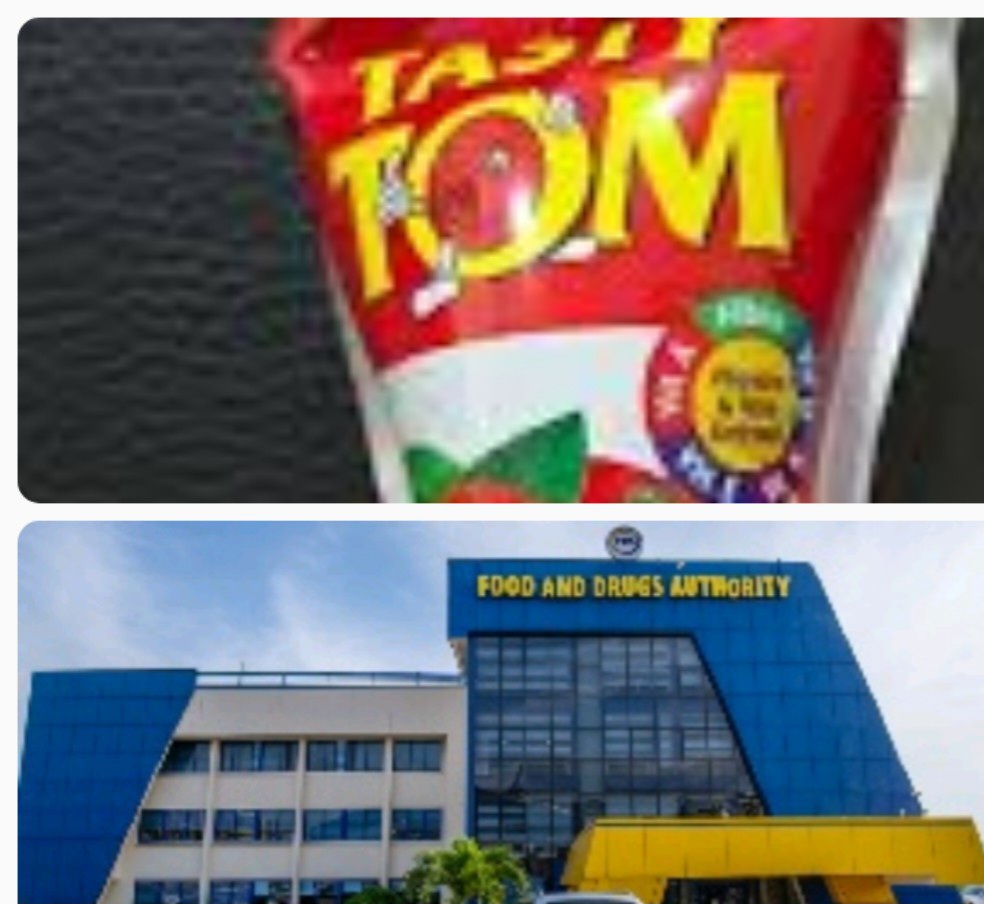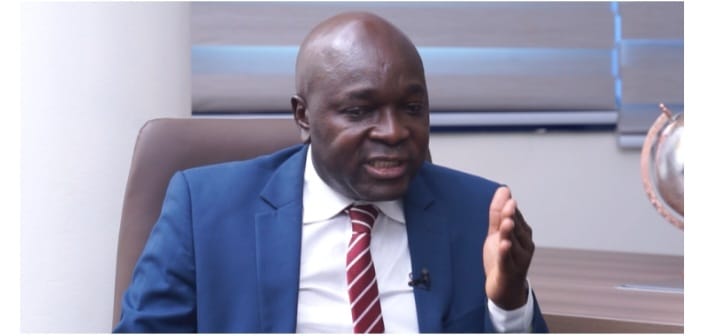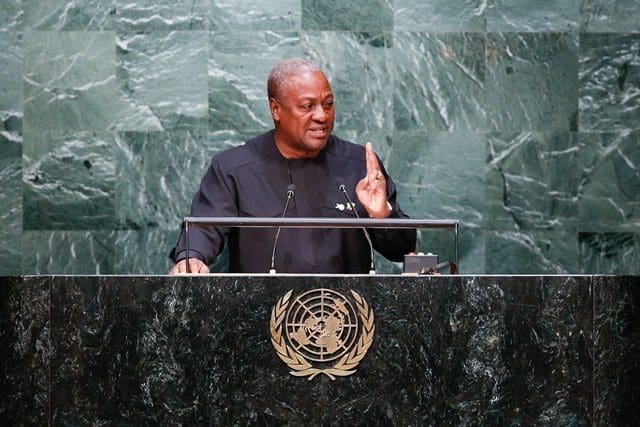The Minority in Parliament is pressing for calm and dialogue in a growing dispute between the government and pay-TV operator MultiChoice Ghana over rising subscription fees, marking a rare intervention into a private sector pricing controversy that has gripped the country.
In a statement released Sunday August 3,and signed by Kpandai lawmaker Matthew Nyindam on behalf of the Minority caucus, the opposition backed public outcry over what it described as “excessive” pricing of DStv packages and urged an end to the intensifying war of words between the South African-owned broadcaster and Ghana’s Ministry of Communications, Digital Technology and Innovation.
The statement follows a heated exchange between Communications Minister Samuel Nartey George and MultiChoice Ghana, a subsidiary of Johannesburg-based MultiChoice Group, after the company rejected the Minister’s call to reduce subscription costs. The company, in a letter signed by its Managing Director Alex Okyere, said any price cuts were “not feasible” given current operational realities. Mr. George responded sharply, calling the firm’s position “illogical” and out of step with Ghana’s current economic conditions.
The Minority caucus, while commending the Ministry’s consumer advocacy efforts, warned against an escalating public confrontation that could harm investor confidence and derail potential resolutions.
“We believe the concerns raised by citizens about pricing disparities within the sub-region are legitimate,” the Minority said. “However, such matters demand sober dialogue grounded in law, market realities, and mutual respect—not media skirmishes.”
The group has formally requested that Parliament’s Committee on Communications summon both the Minister and MultiChoice Ghana representatives to facilitate a mediated discussion. Lawmakers say the aim is to ensure “price relief for Ghanaian households” while safeguarding the stability of Ghana’s media investment landscape.
Ghanaian consumers have long criticized DStv for charging higher fees than in neighboring countries, a sentiment that has intensified amid rising inflation and currency depreciation. MultiChoice, which operates in over 50 African markets, maintains that its pricing structure reflects localized cost factors, including content licensing, taxes, and infrastructure expenses.
In calling for a ceasefire in the public back-and-forth, the Minority said Ghana needs a balanced approach that protects both consumer rights and investor interests.
“Price fairness, transparency, and accountability are non-negotiable,” the statement read. “But achieving these must not come at the cost of regulatory overreach or reputational damage to Ghana as a viable destination for digital investment.”
The dispute underscores broader questions about regulatory power in shaping pricing in quasi-monopolistic markets, particularly in essential digital services. As of Monday, no formal meeting date had been set by the Parliamentary Committee.














